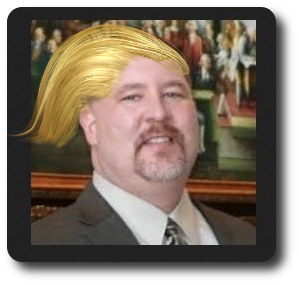
 Summary: The prosecution and litigation meta-industry wants more lawsuits, a lot more patents, and it is trying to convince the public -- and officials at the same time -- that this is a Good Thing
Summary: The prosecution and litigation meta-industry wants more lawsuits, a lot more patents, and it is trying to convince the public -- and officials at the same time -- that this is a Good Thing
Making up for the gap left by Scalia's death, Trump recently nominated Gorsuch (who will probably be appointed given the lack of political resistance, even from the opposition party) for SCOTUS.
On February 1 2017 President Trump nominated Neil Gorsuch to fill the US Supreme Court slot vacated by deceased Justice Antonin Scalia. Gorsuch is a native of Colorado who has served on the US Court of Appeals for the Tenth Circuit since 2006. Much is currently being written and reported about him, particularly with regard to his previous writings and writing style over the past 10 years. However, nothing has been said thus far about intellectual property. This may be because there is not much to say.
When it comes to patents, the Federal Circuit holds exclusive appellate jurisdiction. While it was thus not possible to locate a decision presented by a panel on which Gorsuch served addressing a patent question, he did prepare an oft-cited opinion which reviewed a question of personal jurisdiction in an IP dispute.
"These aren't the first examples that we have given since Trump's inauguration and almost certainly these won't be the last."Watchtroll, in the mean time, is framing the whole debate as "pro" or "anti" patent rather than seeking sane (or rational) patent scope. The headline alone is loaded: "Will the Trump Administration Be Pro Patent?"
What they mean to ask is, "Will the Trump Administration Be Pro Litigation?"
Suffice to say, this is what law firms are hoping for and they are hoping to influence US politics so as to enrich themselves. We have no problem with free speech (we loathe censorship), but let it be understand what the above really is, how biased it is, and who it is coming from. These aren't the first examples that we have given since Trump's inauguration and almost certainly these won't be the last. ⬆